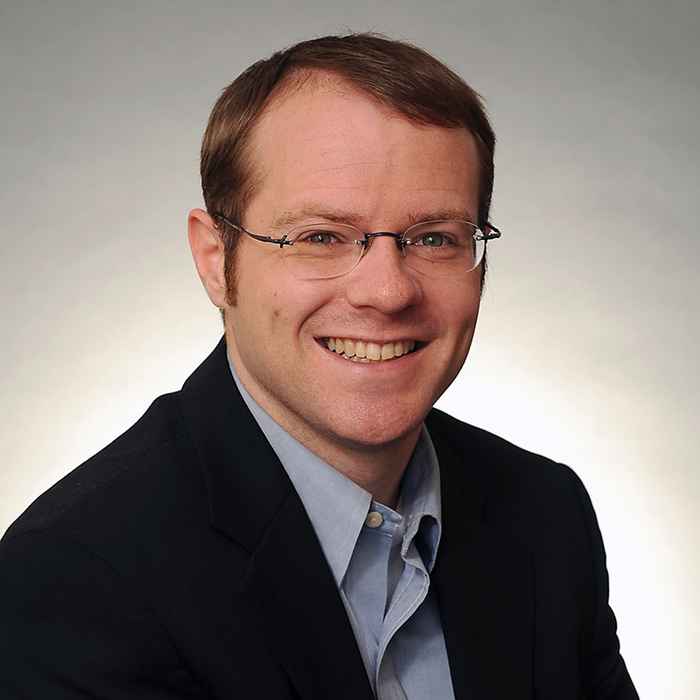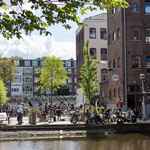Visioning and imagining low-carbon energy futures
CSDS lecture
- Date
- 23 October 2024
- Time
- 17:00 -18:30
- Room
- CREA Theaterzaal

About this lecture
New energy systems can evoke visions, fantasies, frames, discourses, imaginaries, and expectations. This presentation focuses on visions around six different energy options: nuclear power, hydrogen fuel cells, shale gas, clean coal, smart meters, and electric vehicles—playing a key role in current deliberations about low-carbon energy supply and use. Tackling climate change via low-carbon energy systems and practices is one of the most significant challenges of the twenty-first century, and that success will require not only new energy technologies, but also new ways of understanding language, visions, and discursive politics. The discursive creation of the energy systems of tomorrow are propagated in polity, hoping to be realized as the material fact of the future, but processed in conflicting ways with underlying tensions as to how contemporary societies ought to be ordered.
About the speaker
Dr. Benjamin K. Sovacool is Professor of Energy Policy at the Science Policy Research Unit (SPRU) at the University of Sussex Business School in the United Kingdom. He works as a researcher and consultant on issues pertaining to global energy policy and politics, energy security, energy justice, climate change mitigation, and climate change adaptation. More specifically, his research focuses on renewable energy and energy efficiency, the politics of large-scale energy infrastructure, designing public policy to improve energy security and access to electricity, the ethics of energy, and building adaptive capacity to the consequences of climate change.
His research has been endorsed by U.S. President Bill Clinton, the Prime Minister of Norway Gro Harlem Brundtland, and the late Nobel Laureate Elinor Ostrom, among others. He was a Lead Author of the Intergovernmental Panel on Climate Change’s Sixth Assessment Report (AR6), published in 2022, and an Advisor on Energy to the European Commission’s Directorate General for Research and Innovation in Brussels, Belgium.
Discussion
Following his lecture, professor Sovacool will engage in a discussion with Maria Kaika, Professor in Urban, Regional and Environmental Planning at the University of Amsterdam (UvA). Afterwards, we will convene in CREA for a borrel. We hope to see many of you there - please register by using the link provided.
